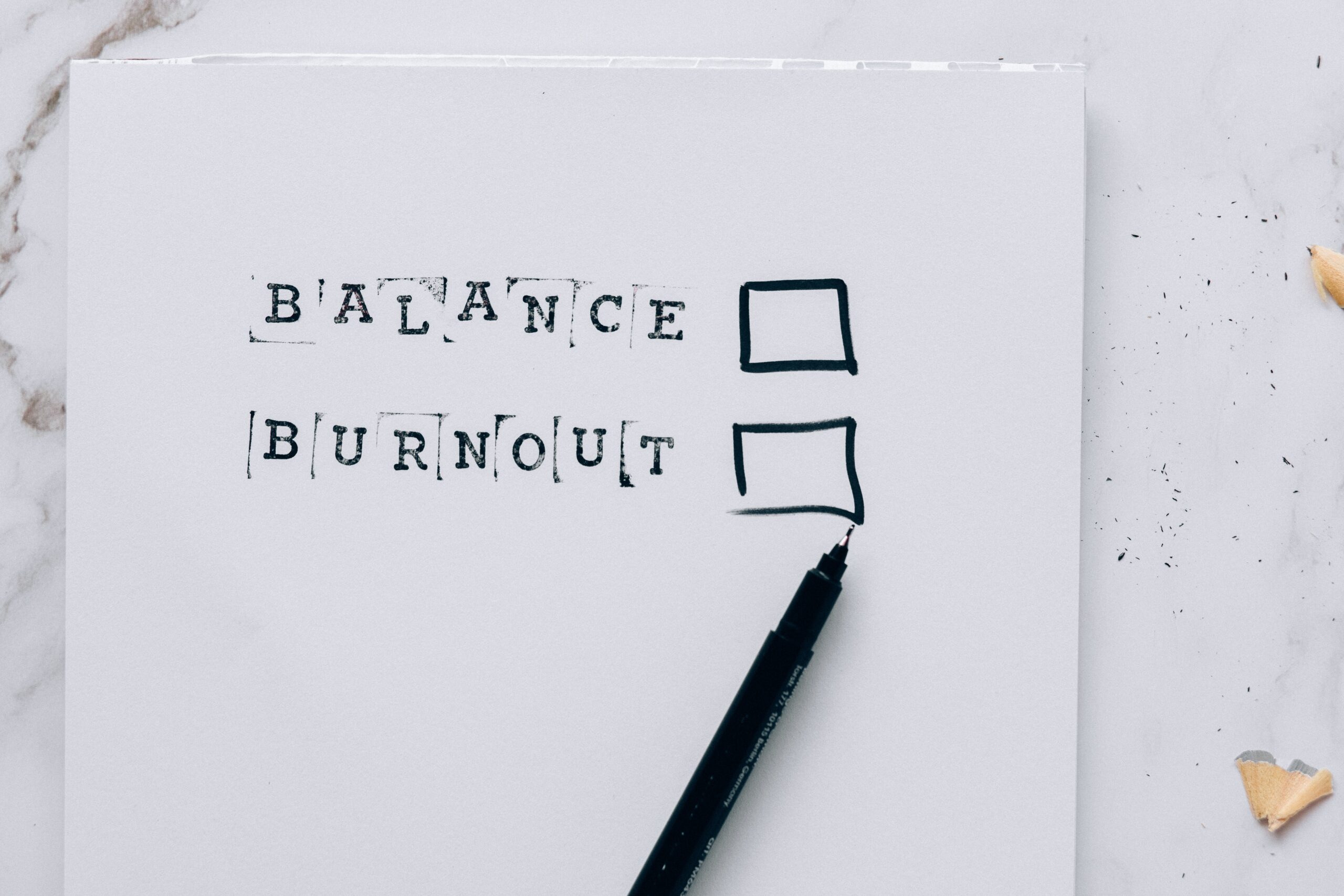Burnout is a serious problem in the workplace. If you’ve ever gone through it yourself, you know how hard it can be to get through. Luckily, there are ways that you can avoid burnout and manage it if you find yourself feeling burned out. I’m sharing five tips that have worked for me over my years of working in different fields and with different companies.
Take a break.
- Take a break from work.
- Take a break from social media.
- Take a break from your phone, which can be so addictive that it’s been called an “addiction in and of itself.”
- Take a break from your to-do list (and make sure you’ve got some items on there that aren’t urgent).
- And finally, take some time for yourself–even if it’s just 15 minutes at the end of each day when you sit down and do nothing but breathe deeply for five seconds before getting up again!
Pay attention to your body and sleep schedule.
Pay attention to your body and sleep schedule.
Sleep is the most crucial part of preventing burnout, so make sure you’re getting enough rest. The National Sleep Foundation recommends adults get 7-9 hours of quality sleep every night, but that’s not always possible for everyone. If you aren’t getting enough sleep, try these tips:
- Establish a regular bedtime routine that helps prepare your mind and body for slumber (i.e., meditating or reading).
- Keep your room dark while sleeping by blocking light through windows with curtains or shades; this will help eliminate distractions that might prevent good ZZZs from happening!
If all else fails and it seems like nothing will help put an end to those sleepless nights, try talking with someone else about what’s bothering you–even if they aren’t in any position at all! Talking things out has been shown repeatedly as one of best ways to care for ourselves mentally and emotionally.”
Make time for physical activity.
- Make time for physical activity.
Physical activity is important for your health, but it can take effort to fit into your daily routine. Here are some ways you can make time for physical activity:
- Schedule a workout session at the same time every day or week so that it becomes part of your routine.
- Get up and move around more often during the day (e.g., take breaks from sitting at work).
If you need help starting a routine, try these strategies: * Start small–just 15 minutes daily is enough! * Keep track of how much exercise you do each week by writing down how long each workout was and how many times per week you exercised.*
Increase your self-care routine.
Self-care is an integral part of staying healthy, both physically and mentally. Self-care can be anything from going to the gym, taking a walk, or drinking water. The key to self-care is that it’s not selfish–it’s something you do for yourself to feel better overall. It’s not just about doing things because they feel good at the moment (e.g., eating ice cream when stressed), but also about making choices that help ensure long-term well-being (e.g., eating ice cream only on special occasions).
There are many different ways to practice self-care: yoga classes; meditating; reading fiction books; writing in journals; listening to music; going out with friends–the possibilities are endless! But whatever form yours takes, make sure it feels right for you and isn’t something done out of obligation or guilt (or worse yet, as punishment).
Consider the role of mindfulness in burnout prevention.
Mindfulness is a way of paying attention to the present moment. It’s about being aware of your thoughts, feelings, and sensations without judging or trying to change them. When you’re mindful, you can notice when something isn’t right in your life–like feeling stressed out by work or overwhelmed by responsibilities–and make changes before it gets out of hand.
Mindfulness helps you see things as they are rather than as they seem in your head; this allows us to respond instead of react when stressful situations arise at work (or anywhere else). By becoming more aware of our thoughts and feelings, we become less likely to get stressed out by external factors like deadlines or difficult coworkers because we know how our minds work: They tend towards worry over optimism, negative thinking over positive thinking, self-criticism over self-compassion…all stuff that contributes towards burnout!
Taking care of yourself is important, especially if you’re prone to burnout.
Taking care of yourself is important, especially if you’re prone to burnout. Your mental health, physical health, and relationships all benefit from self-care. And it’s not just about being nice to yourself–it’s about taking care of the things that matter most in your life so that they can continue to be there for you when times get tough.
Burnout is a real problem that can have serious consequences. But it’s also preventable if you’re proactive about your health and well-being. By making these five lifestyle changes, you’ll be on your way to avoiding burnout and living a more balanced life!

